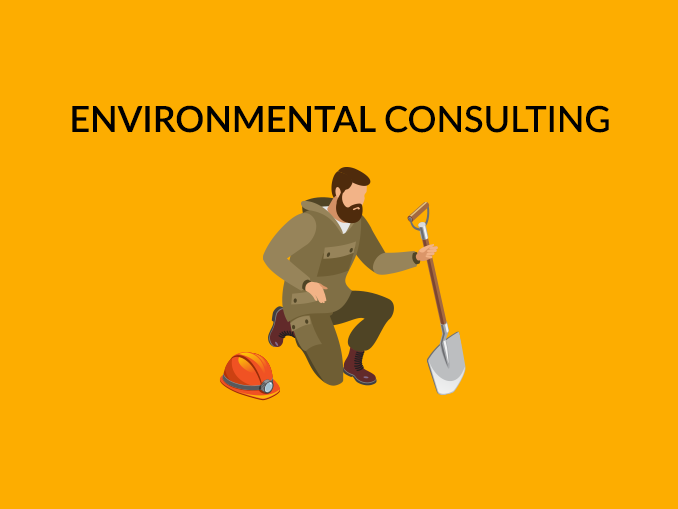
The process of delivering products and services that meet customer needs is called quality performance. It is the process of designing, planning, and delivering the right product or services at the correct time, in the most cost-effective way, and at the right price.
While it requires much effort and hard work, the results can be satisfying when done correctly. It also saves money and allows companies to stay in business.
Although quality can be difficult to define, the principle behind designing products and services should be high-quality. This is achieved through a number of different measures and techniques, such as training employees to be more efficient, providing customer service and introducing new features that will make the product or service more appealing.
Performance is key to success in the marketplace. A higher level performance can result in better profits, more customers, or more market share.

But, not every product has to perform at its best. There are many things that can influence a company’s performance such as competition and budget.
This article will cover the basics about quality, how quality can be maintained, and how training should be approached in a performance consulting environment.
What is Performance Consulting?
Performance consulting can be described as a professional approach to improving the performance of an organization by offering an outside perspective. It is an alternative management approach to managing by objective. It aims to create a culture where people are accountable and teamwork is encouraged.
It can be an effective way to solve problems that might be affecting employees' productivity, such as conflict, egos, and misunderstandings.
There are many options for measuring quality. Each method is different and has its own goals. Some methods are more specific than other, but they all seek to find the root of the problem, determine a fix, and evaluate the effectiveness.

Some of the methods are based in part on the Deming Cycle, which is a stepwise process that helps companies improve their performance and stay focused on their objectives.
The first step is to establish a business goal for the organization or program. It is important to define what you want to accomplish, and to ensure that everyone within the organization understands what it means to reach that goal.
It is possible to start by identifying key components and then breaking them down into smaller goals and action steps. This can help you determine how to proceed with the project and ensure that it will bring value to your organization.
Then, you can concentrate your efforts on areas that need improvement. You can use any of the strategies above to achieve your goals, but there are a few key principles that should always be in place for successful implementation. These principles are:
FAQ
What degree do I need to become a consultant?
The best way to become an expert on any subject is by studying the subject thoroughly and then practicing what you have learned.
You can learn all you need to know to become a great consulting professional by starting to study now.
If you have a degree but no relevant experience, you may struggle to get hired. You could still apply if you are able to show that you have the same subject knowledge as the people who were hired.
Employers will always seek out candidates who have real-world experience.
How is consulting different to freelancing
Freelancers, who are self-employed and provide services to clients without the need for employees, are independent contractors. They charge hourly rates depending on the amount of time spent on a client's projects. Consultants work for companies and agencies that employ them. Their salaries are often paid monthly, or annually.
Consultants often have more flexibility, while freelancers can choose to work when they want and set their own rates. However, consultants often have better benefits, such as health insurance, vacation days, sick leave, retirement plans, etc.
How do you choose a consultant to help me?
There are three key factors to be aware of:
-
Experience - How skilled is the consultant? Are they a beginner, intermediate, expert, or some other level? Does her resume show that she has the necessary skills and knowledge?
-
Education – What did the person learn in school? Did he/she pursue any relevant courses once he/she graduated? Are we able to see evidence of his/her learning through the way he/she writes
-
Personality – Do we like this person/person? Would we hire him/her to be our employee?
-
These questions will help us determine if the consultant is right to meet our needs. If you do not have the answer, it is worth interviewing the candidate to find out more.
Why should consultants be hired?
There are many reasons you might need to hire a consultant.
-
Your organization may have a specific project or problem that needs solving
-
You would like to improve your skills or learn new things
-
You would like to work with an expert in your field.
-
There is nobody else who can do this job.
-
You feel overwhelmed by all the information and don’t know where to begin.
-
You can't afford full-time employment
Referrals are the best way for you to find a qualified consultant. Ask your friends and colleagues if they know of any trustworthy consultants. Ask someone you know who is a consultant for his/her recommendations.
If you're interested in using online directories, such as LinkedIn, you can use the "Search People” feature to find consultants near your location.
Statistics
- My 10 years of experience and 6-step program have helped over 20 clients boost their sales by an average of 33% in 6 months. (consultingsuccess.com)
- According to statistics from the ONS, the UK has around 300,000 consultants, of which around 63,000 professionals work as management consultants. (consultancy.uk)
- According to IBISWorld, revenues in the consulting industry will exceed $261 billion in 2020. (nerdwallet.com)
- Over 62% of consultants were dissatisfied with their former jobs before starting their consulting business. (consultingsuccess.com)
- WHY choose me: Why your ideal client should choose you (ex: 10 years of experience and 6-week program has helped over 20 clients boost their sales by an average of 33% in 6 months). (consultingsuccess.com)
External Links
How To
How to Find the Best Consultant
When searching for a consultant, the first thing you should do is ask yourself what your expectations are. Before you start looking for someone to work with, it's important that you know your expectations. Make a list of everything you think you might need from a consultant. This could include things like; professional expertise, technical skills, project management ability, communication skills, availability, etc. After you have listed your requirements, it might be a good idea to ask colleagues and friends for their recommendations. Ask them if they had any bad experiences with consultants previously and see how their recommendations compare with yours. Research online if you don’t already have recommendations. You can post reviews on your previous work experiences on many websites like LinkedIn, Facebook and Angie's List. Consider the ratings and comments of other candidates and use these data to start your search for potential candidates. Once you have narrowed down your list, reach out to potential candidates and set up an interview. You should discuss your requirements with the candidates and ask them how they can help. It doesn’t matter if the person was recommended to you; it matters that they understand your business goals, and can show you how they can help.